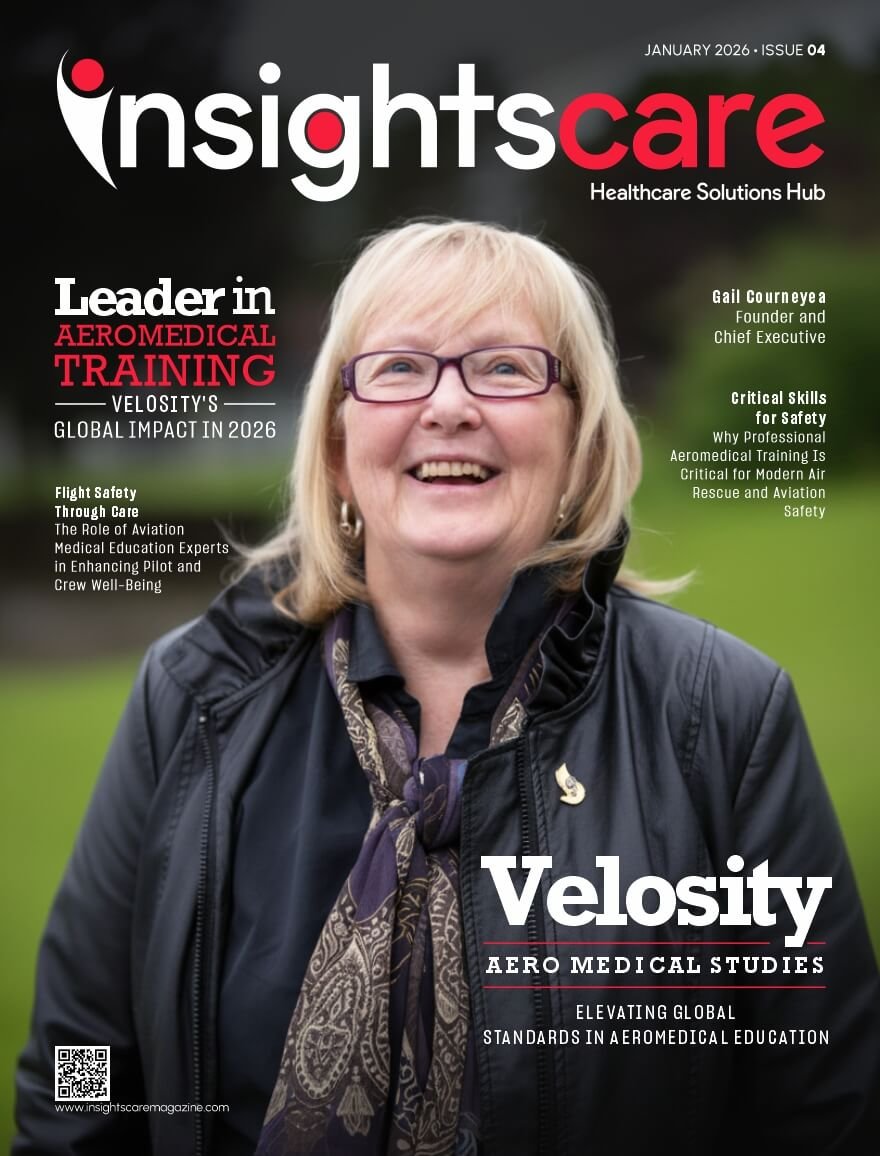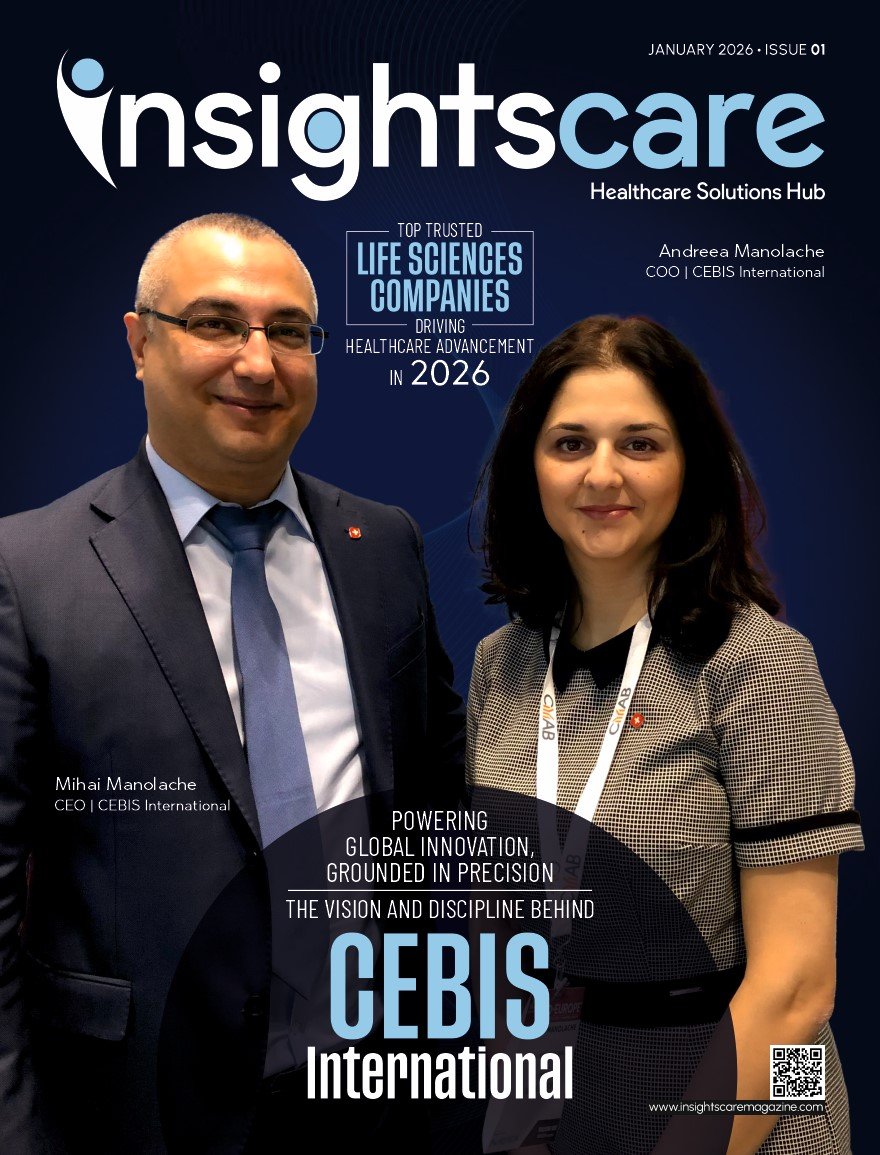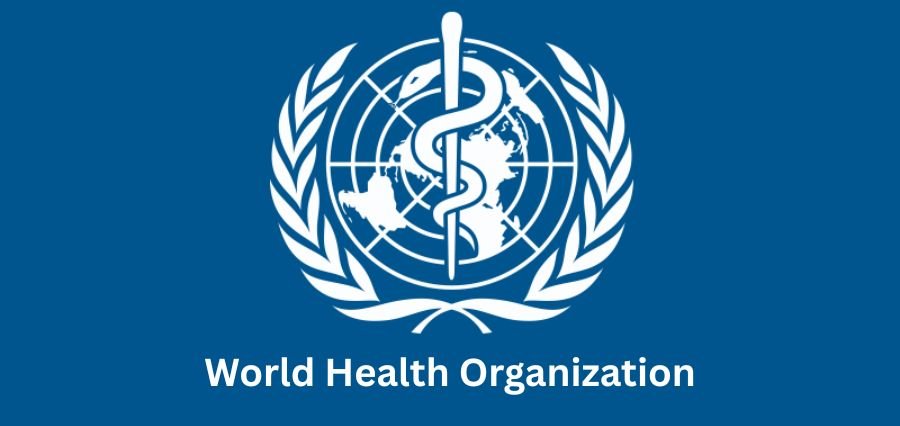Key Highlights:
- WHO suggests maternal RSV vaccines and monoclonal antibodies to immunize the children against severe infection.
- These steps will likely lower deaths and hospitalizations due to RSV worldwide.
Key Facts:
- RSV causes approximately 100,000 child deaths under the age of five each year.
- Half of them die in infants younger than six months of age.
- WHO recommends maternal immunization at 28 weeks of gestation and single doses of antibodies for the infants.
Key Background:
Respiratory syncytial virus (RSV) is also one of the major causes of lower respiratory tract disease in children, tending to cause bronchiolitis and pneumonia. It’s very contagious and very dangerous to babies and children under six months. While prevalent, preventive action was very limited—especially in low-income countries where death is most traditional.
The World Health Organization (WHO) issued its first formal recommendations for an RSV immunization strategy. Two strategies are suggested: immunizing pregnant women so they can pass on immunity to their infants and administering long-acting monoclonal antibodies directly to infants.
The RSVpreF vaccine, to be given to pregnant women at 28 weeks’ gestation, has been shown to pass protective antibodies on to the infant. It confers early immunization during the most vulnerable months of life. The second strategy is with nirsevimab, a five-month half-life, long-duration monoclonal antibody given to infants and newborns who are just beginning their first RSV season. Single-dose protection lasts for at least five months.
These interventions are opportune since WHO has indicated that RSV accounts for over 3.6 million hospitalizations and nearly 100,000 child deaths each year among children aged below five. The most susceptible age group—the six-month-old and below—hold half of the death. Prevention of infection in this age group, maternal immunization, and treatment with antibodies is likely to have a significant decline of infant death globally and the healthcare burden.
WHO recommends equitable access, and the impact will be greatest in low-income settings where there is not yet universal availability of supportive care for RSV. Nations are urged to consider the inclusion of these novel technologies in national immunization programs.
Read More – Gabe Newell’s Starfish Neuroscience to Release Minimally Invasive Brain Chips by End of 2025










